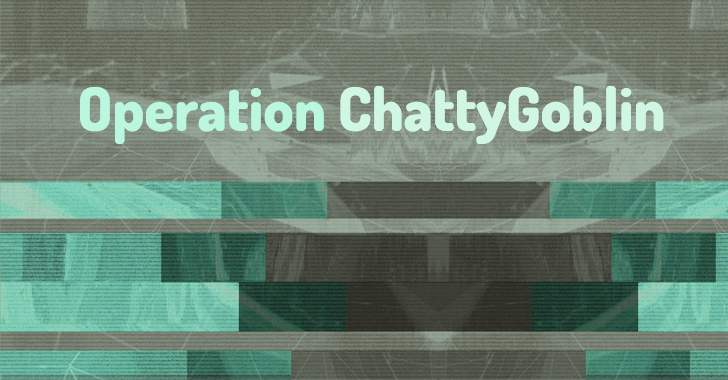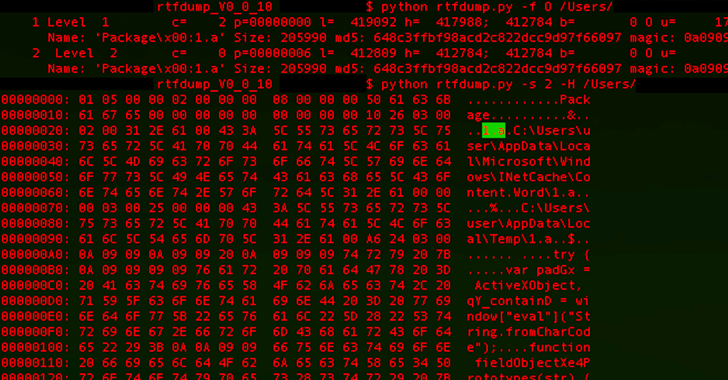“These attacks use a specific tactic: targeting the victim companies’ support agents via chat applications – in particular, the Comm100 and LiveHelp100 apps,” ESET said in a report shared with The Hacker News.
“In this campaign, the SideWinder advanced persistent threat (APT) group used a server-based polymorphism technique to deliver the next stage payload,” the BlackBerry Research and Intelligence Team said in a technical report published Monday.
The LockBit 3.0 ransomware group on Monday leaked 600 gigabytes of critical data stolen from Indian lender Fullerton India, two weeks after the group demanded a $3 million ransom from the company.
Experts at Cleafy disclosed nearly a four-year-long online fraud campaign that infected Windows systems in organizations using drIBAN, a web inject kit. Criminals attempted to alter legitimate banking transfers by changing the beneficiary details and redirecting the funds to their accounts. Organizations are suggested to be well aware of the evolving threats and make continuous […]
“Confirmed, Intel OEM private key leaked, causing an impact on the entire ecosystem,” Alex Matrosov, founder and CEO of firmware security firm Binarly, said in a tweet over the weekend.
“The PaperCut exploitation activity by Mint Sandstorm appears opportunistic, affecting organizations across sectors and geographies,” the Microsoft Threat Intelligence team said.
This investment is expected to provide HUB Security with additional resources to fuel its rapid growth and development, enhance its financial stability, and enable the company to pursue its future plans.
Immuta, a Boston, MA-based leader in data security, received a strategic investment from Databricks Ventures, the investment arm of Databricks, a data and AI company and pioneer of the lakehouse. The amount of the deal was not disclosed.
As QR codes continue to be heavily used by legitimate organizations—from Super Bowl advertisements to enforcing parking fees and fines, scammers have crept in to abuse the very technology for their nefarious purposes.
Kabarak University’s Facebook account was seized by hackers who have been using it to spread malicious and misleading images and content that contravenes the institution’s Christian values and have since tabled their demands.









